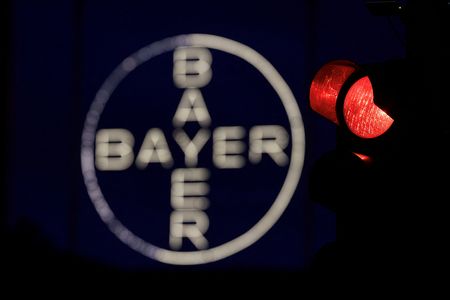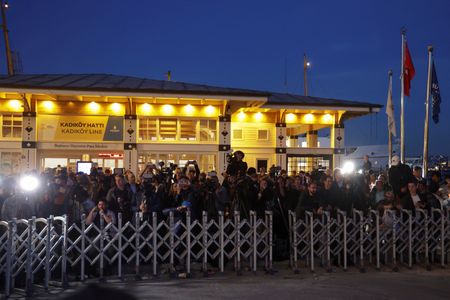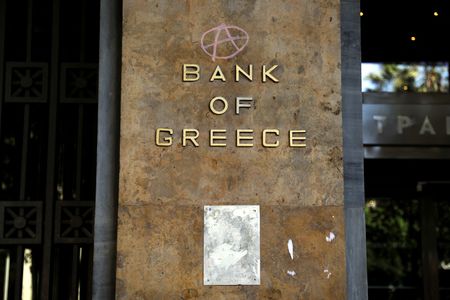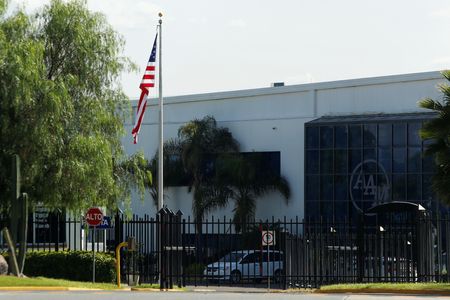By Bhanvi Satija and Michael Erman
NEW YORK (Reuters) -Bayer Pharmaceuticals’ chief operating officer said the head of the top U.S. drug regulator recently reassured industry executives that the Food and Drug Administration would meet its targets for reviews despite recent job cuts and a restructuring.
“We’re looking at an FDA and scientific review staff that is stable, engaged and meeting its deadlines,” Sebastian Guth, who oversees Bayer’s U.S. operations, said in an interview.
Guth said that after a recent meeting between FDA Commissioner Marty Makary and industry executives, he was confident that the leadership wanted to maintain the agency’s standards. Makary said last month the FDA will meet its targets for completing reviews of new drugs despite mass firings under the Trump administration.
Reuters had reported in early April that firings at the FDA included employees critical to reviewing new medicines.
“I heard an FDA commissioner who notes and acknowledged that the industry requires a stable and predictable regulatory environment,” said Guth, adding that Makary underlined his intent to use technology to support FDA’s work.
The FDA is expected to decide whether to expand approval for Bayer’s kidney disease drug Kerendia to patients with heart disease this year.
Guth said Bayer’s interactions with the FDA, predominantly its Center for Drug Evaluation and Research, had followed tight protocol and the agency had met its deadlines for experimental drugs under review.
“We’ve seen the FDA responding within the timelines that are to be expected,” he said.
Bayer’s experimental drug, elinzanetant, for treating menopause symptoms, is also under review.
Guth said Bayer’s first-quarter sales growth in the U.S., a key market, exceeded the 23% rise for North America reported earlier this week. Bayer does not break out sales by country.
The U.S. accounted for a “significant chunk” of its sales of new prostate cancer drug Nubeqa and kidney treatment Kerendia, he said. On Tuesday, the company reported a combined 680 million euros ($760.51 million) in revenues from both drugs.
($1 = 0.8941 euros)
(Reporting by Bhanvi Satija and Michael Erman in New York; Editing by Richard Chang)










